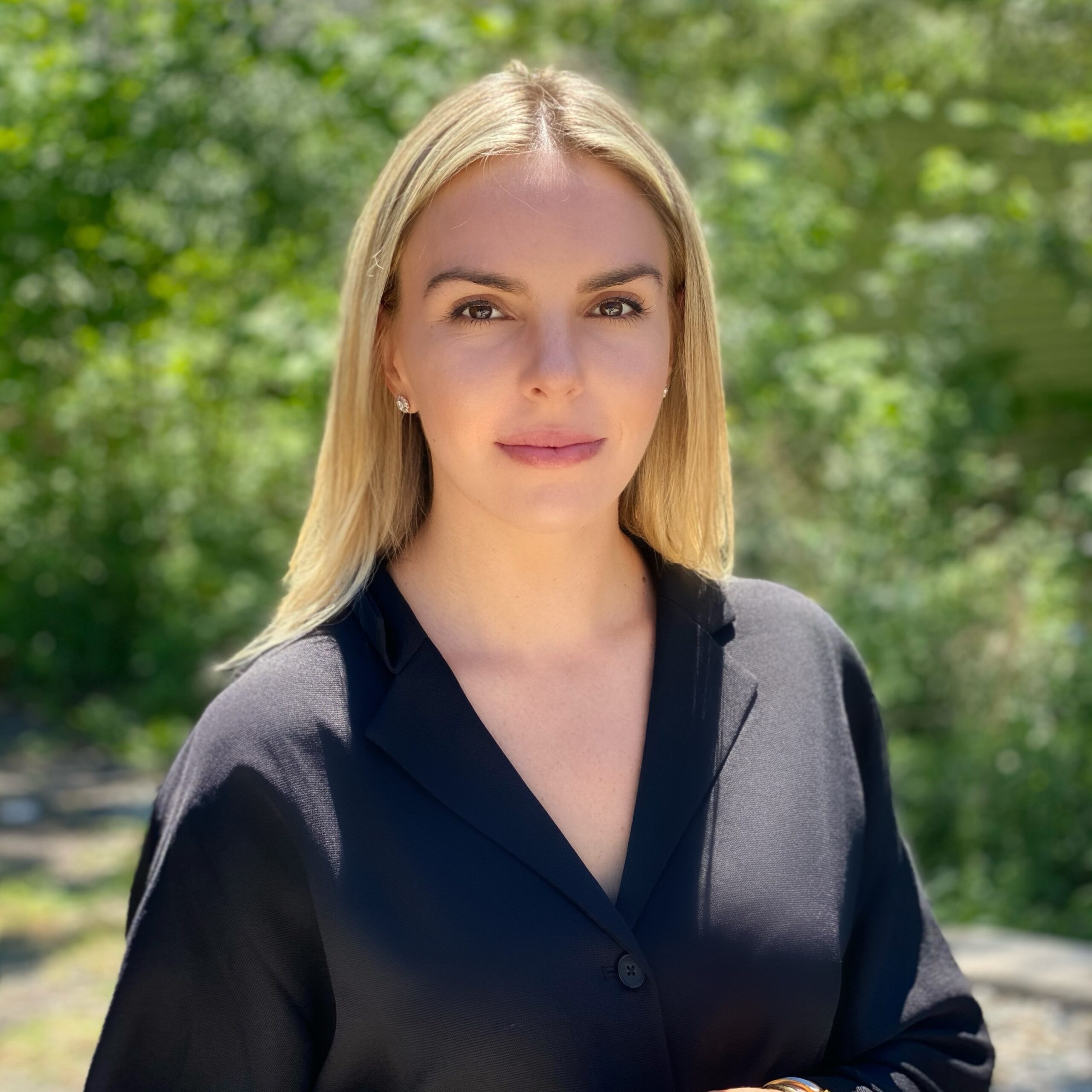I don’t want to be too salesy.
I often hear these words before a broker decides to postpone their prospecting efforts or abandon a once-beloved marketing campaign. Although we’re all in sales, none of us want to be known as “salesy.” But why are we so averse to being known for what we are? How do we become great salespeople without being too salesy?
Let’s start at the beginning.
The term “salesy” is radically outdated. It harkens back to a time before the internet and smart phones (and certainly before Yelp). This was a time when salespeople were the sole purveyors of information. If a consumer needed something, there was no Google or Amazon Prime, and certainly no reviews to read. Back then you had to do something outrageous: you had to take a salesperson at their word.
While most salespeople then were certainly good and upstanding humans, some were not. And so, the term salesy was born as consumers fell victim to pushy, dishonest or manipulative salespeople.
Today, our world has been completely transformed by technology. Salespeople are no longer the sole gatekeepers of information. Consumers now have access to just as much information as the salesperson and, in real estate, this information parity caused a seismic shift which resulted in a more collaborative, trusting partnership between a REALTOR® and client.
A REALTOR®’s role now is that of the trusted guide. We are data interpreters, marketing experts, negotiators and, sometimes, therapists. We obey disclosure laws and abide by a code of ethics. In an emotional transaction like a real estate purchase, we are the ones charged with counseling the client against instincts to list too high or overpay on the largest financial transaction of their lives. This is why the real estate agent has become (quite literally) essential, while others like the travel agent have all but disappeared. Experienced real estate brokers today are some of the most sought-after salespeople in the world — a far cry from the pushy salesmen of yesteryear.
As a third-generation broker, I have seen policies and practices come and go. The foundation for most of the sales practices we use today are based on the idea that relationships are the bedrock of any broker’s business. But in today’s day and age, innovative agents are pushing back—not on the concept of building from relationship, but instead on the practice of leveraging relationships for financial gain. This new school of thought insists there must be a better way.
Relationships with family, friends, mentors and colleagues are deeply personal, intimate and sacred. Subconsciously, the idea of intentionally profiting from those relationships can lead to feelings of disgust, which ultimately leads to disengagement. Disengaged brokers are averse to prospecting, which makes it almost impossible to produce.
Consider the common practice of categorizing and ranking your database. Many of us were taught that we should rank according to who is most likely to refer business:
- Is my mother an A+?
- Is my cousin a B?
- What about my best friend from high school?
- Will my sister use me when she buys a house?
This methodology is problematic because it forces us to assign value to relationships according to something we think ought to happen: “My buddy John and I have been best friends since kindergarten. He’ll definitely send me business. I’ll rank him as an A prospect.” In framing the relationship this way, I’ve created a subconscious expectation that John will send me business—not because I’ve earned it, but because we’re friends.
This outdated approach feels dishonest because of its one-sidedness. John and I have been friends and, until now, that’s been enough. Suddenly, because of my profession, I’m to add an expectation to our relationship about which John has no idea. This is salesy. It’s disingenuous. It can strain relationships. It just doesn’t feel good. It’s the reason so many agents postpone, procrastinate and pushback when it comes to organizing their CRM.
Fortunately, there are better ways.
Consider the work of Dr. Marissa King, a sociologist and professor of organizational behavior at Yale University. In her book, Social Chemistry: Decoding the Patterns of Human Connection, she references research on the power of thinking intentionally about your relationships. In a survey of high-power individuals, she found that the most successful amongst them thought intentionally about their relationships because they held an innate belief that they had something to offer.
Imagine what might happen if we reframed our mindset in this context. Wouldn’t it be more enjoyable to organize a database with the mindset that we have something to offer? Ranking our network goes from being a passive activity, to an active one. The thought process shifts from, “Will John give me business?” to, “Do I want John’s business?” If the answer is yes, how badly do I want it? If John is a great human being, a strong potential source of income, and I would love to work with him, I can make John an A and work like hell to win his business. The onus is on me, not on John.
In this way, you’re also not limited by your current relationships. If you admire someone or aspire to get to know them better, they can be a top prospect. This is the difference between building relationships and leveraging relationships. It’s authentic and honest. It’s not salesy.
The pandemic has ushered in a new era. We are seeing an unprecedented boom in entrepreneurship. The United States Census Bureau reported nearly 4.5 million new business applications in 2020, a 24% increase from 2019. If trends continue, middle-income earners in the United States may not be large scale corporation employees, but artisans, micro entrepreneurs and local business owners. Americans are reevaluating their careers in record numbers and, thanks to a U.S. personal savings rate that skyrocketed during the pandemic, many of them now have the means to follow their dreams.
As REALTORS®, we know how challenging it is to start a new business. It takes heart, discipline, courage, and a heck of a lot of support from your network. There’s just one problem: Americans today are more isolated than ever.
Recent research out of Yale University has shown that professional and personal networks shrank by close to 16% (or 200 people) during the pandemic. Men’s networks, specifically, shrank by almost
400 people, or 30%. What’s even more unusual about this trend is that old relationships aren’t being replaced by new ones. At a time when many people are starting new businesses, networks are smaller than ever. What a time to be a super connector. What a time to be a REALTOR®!
The pandemic has given us a once in a lifetime opportunity to open the door again to reignite an old friendship or begin one anew, relaunch a prospecting campaign or revamp a company or team culture. Our network needs us now more than ever.
As a REALTOR®, you have the unique ability to connect people from different networks in ways that might help them succeed. The most successful among us achieved this not because they’re great at selling houses, but because they are experts in the art of high service. They ask discovery questions, learn
about their client’s hopes and dreams and then help them make those dreams come true.
The byproduct of this behavior is a successful career in real estate. Once people become financially stable, the first thing they often do is invest in real estate. It’s not salesy to be helpful. It’s not salesy to show up for people. Everyone is missing connection right now. Remember—you have something to offer. You are valuable.

Access resources to help you build your business like a pro, including a guide to running your real estate biz like an MBA & a video of tips from prospecting pros!









